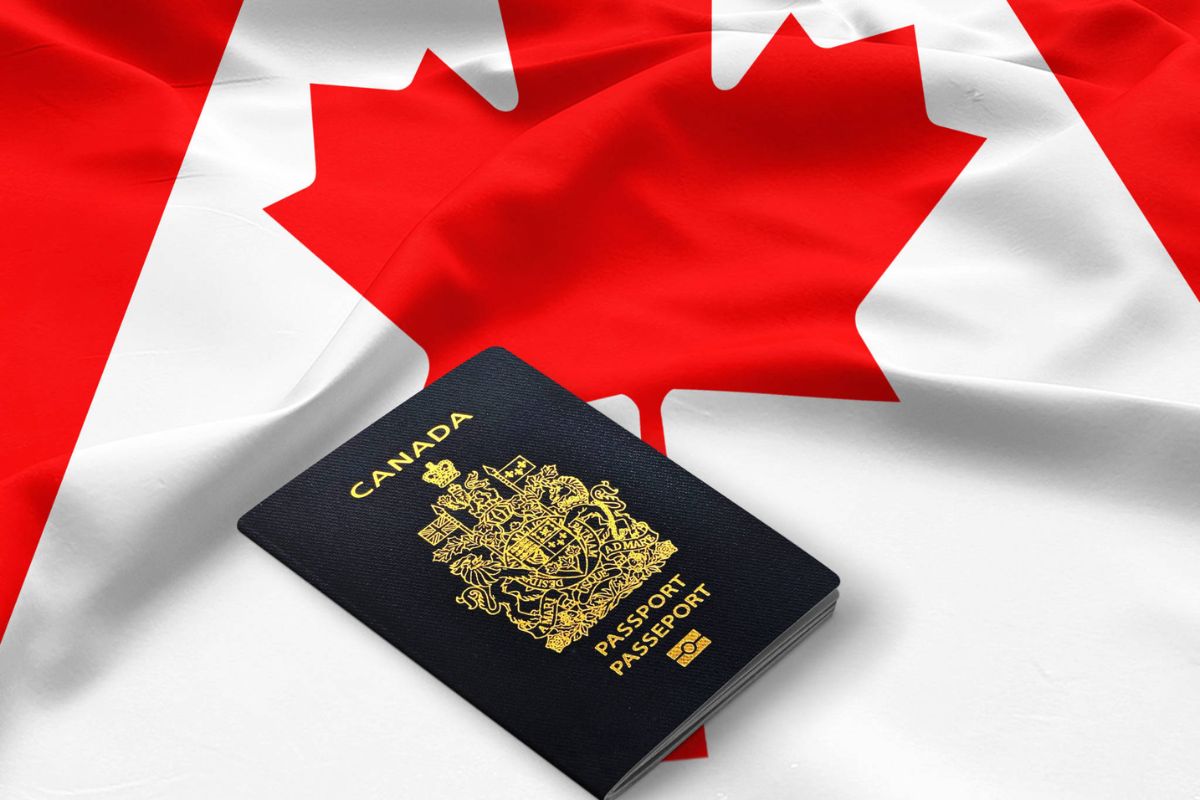The Immigration, Refugees and Citizenship Canada (IRCC) announced in a release on Monday that it has made a record-breaking approximately 4.8 million final decisions (visas) between January and November 2022, nearly double the 2.5 million decisions made during the same period last year.
On Monday, Canada’s Minister of Immigration, Sean Fraser, highlighted the progress made this year in reducing backlogs of applications that have been in IRCC’s inventory beyond its service standards.
The Minister also emphasized the importance of efficiently processing immigration applications, in order to support the growth and diversity of Canada’s population and economy.
Record Year for Canada Immigration
Since August 2022, IRCC has reduced its overall visa backlogs by nearly half a million applications in the last 4 months. IRCC’s efforts have contributed to the significant reduction in backlogs and the record-breaking number of final decisions made by IRCC this year.
The department’s efforts to digitize applications, hire and train new employees, streamline processes, and use automation technologies have helped increase processing efficiency and protect the safety and security of Canadians.
As a result, IRCC has been able to meet its goal of processing 80% of new applications within its service standards for most programs, leading to shorter wait times for clients.
- Work Permits: In 2022, Canada processed approximately 698,000 new work permits compared to 196,000 in 2021.
- Study Permits: Approximately 671,000 study permits have been finalised in 2022 compared to about 504,000 in 2021.
- Permanent Residence: Canada issues 414,000 PR in 2022, compared to about 362,000 in 2021.
Immigration is critical to our economy and our communities. It’s why we have taken action to strengthen Canada’s immigration system by reducing wait times and modernizing services so they work better for everyone: https://t.co/Bw5qfuKCo5
— IRCC (@CitImmCanada) December 19, 2022
thread⬇️ pic.twitter.com/IsqYYi65Jn
Temporary Residence
Canada is on pace to set a new record for study permit processing this year, with over 670,000 study permits processed as of November 30, compared to more than 500,000 during the same period in the previous year.
Work permit processing has also seen significant improvements, with nearly 700,000 work permits processed by November 30, compared to about 223,000 during the same period in 2019.
IRCC has made progress in reducing backlogs and processing visitor visas more quickly in response to the growing demand for travel to Canada. In November alone, the department processed over 260,000 visitor visas, compared to a monthly average of about 180,000 in 2019.
Permanent Residence
Canada welcomed a record-breaking number of 405,000 new permanent residents in 2021, surpassing the previous record from 1913. After another record year in 2022, Canada remains on track to reach its target of more than 431,000 new permanent residents.
IRCC has modernized its services and added support for permanent residence programs, resulting in shorter wait times for spousal sponsorship and Express Entry applications and a 99% reduction in the pandemic backlog of permanent resident card renewal applications.
Canada Citizenship
Canada has one of the highest naturalization rates in the world and is encouraging newcomers to become Canadian citizens.
IRCC expects a record number of new Canadian citizens in 2022-2023, with approximately 251,000 new citizens welcomed from April to November, surpassing the total number of new citizens for the previous fiscal year. As a result of these efforts, more than 70% of citizenship applications are now within service standards.
Canada Uses immigration to address labour shortages
Canada is using immigration to help businesses find workers with the required skills in key sectors, including health care, skilled trades, manufacturing, transportation, and technology.
- Measures have been implemented to help harness the full labour market potential of temporary and permanent newcomers to Canada, including extending work permits to spouses and dependants of temporary foreign workers, temporarily lifting the 20-hour-per-week cap on hours that eligible students can work off-campus, allowing foreign nationals whose work permits expired or will expire between September 2021 and December 2022 the opportunity to work in Canada for an additional 18 months, and shortening the wait time for asylum seekers to obtain a work permit.
- Programs have been introduced to help bring workers to regions of Canada that need them, including the Atlantic Immigration Program, the Rural and Northern Immigration Pilot, and a new work permit stream for Quebec-selected skilled workers.
- Changes have been made to the Immigration and Refugee Protection Act to select immigrants based on key attributes that support economic priorities, and the National Occupational Classification 2021 has been implemented for immigration programs managed under the Express Entry system.
- Additional funding has been announced in the budget to expand the Foreign Credential Recognition Program, with a focus on supporting the labour market integration of skilled newcomers into the health sector.
- Exemptions have been made for physicians who work in a fee-for-service model with public health authorities.
Follow and connect with us on Facebook, Twitter, LinkedIn, Instagram and Google News for the latest travel news and updates!





